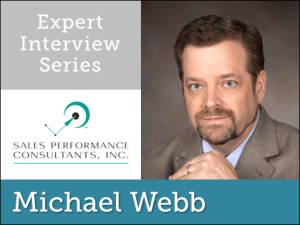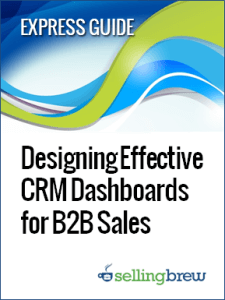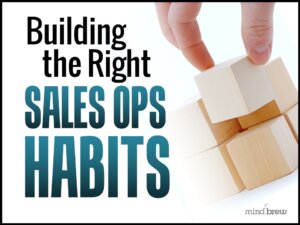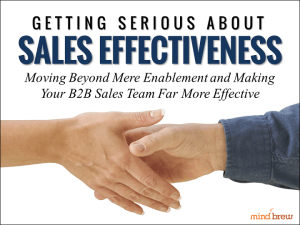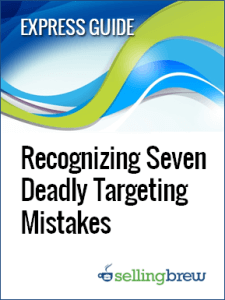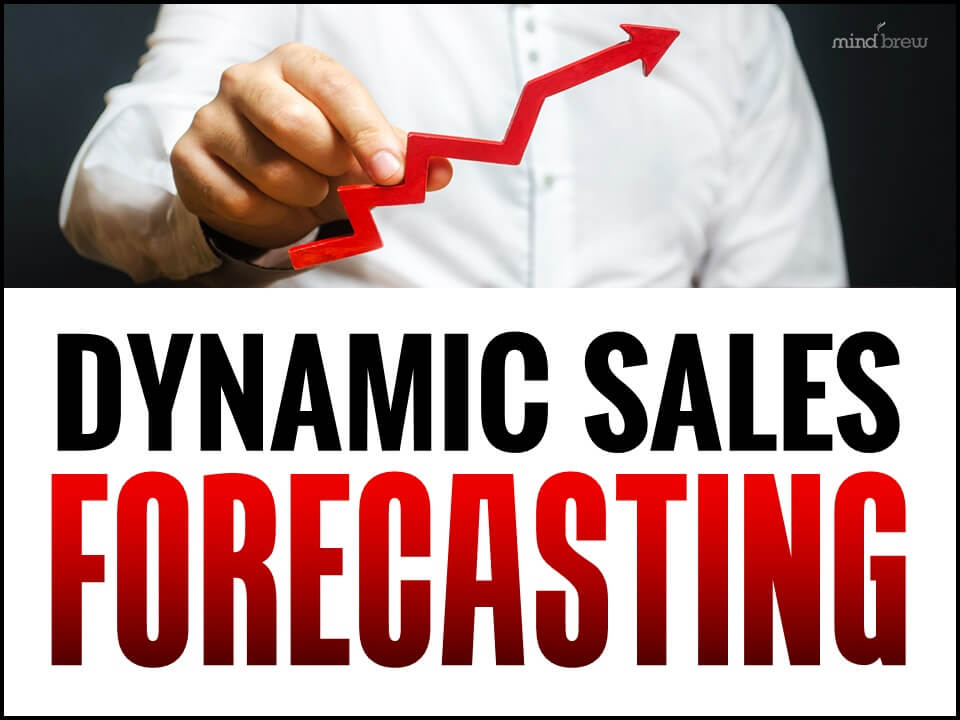A phrase like “sales process excellence” has a really nice ring to it, doesn’t it? It sounds important. It sounds strategic. In a way, it even sounds inspiring. And I suppose that’s why it’s so tempting to apply it to all sorts of things, from departmental goals and key initiatives to titles on business cards.
But sales process excellence is much more than a nebulous slogan or nice-sounding platitude. The phrase does actually mean something…something fairly specific…and something definitely worthy of the label.
To provide more clarity, I recently interviewed the man who literally wrote the book on the subject. Michael Webb is the author of Sales Process Excellence, a veritable how-to manual for bringing the principles, concepts, and tools of data-driven process improvement into the sales and marketing arena.
And through this interview and a reading of Michael’s book, I learned that sales process excellence is really a scientific methodology.
It’s about viewing your sales and marketing efforts as an inter-connected process, with measurable inputs and outputs, causes and effects, and so on. It’s about using data-driven methods to diagnose true root-causes and identify costly bottlenecks. It’s about getting beyond haphazard and reactive improvement efforts, and taking a much more scientific approach toward increasing output and reducing waste.
But you should know that these methods aren’t new. They’ve actually been around for a very long time. In fact, your company has probably been leveraging these principles and methods to great effect in other areas of your business for decades, under the guise of Total Quality Management, Six Sigma, or Lean.
Now, I realize that some readers will want to tune-out at the mere mention of TQM or Six Sigma. After all, those things are designed around manufacturing processes, right? And sales and marketing is different, right? Exactly right! As Michael makes clear,
There are fundamental differences. You can’t just pick up the tools of process excellence in a factory and apply them to sales and marketing. You have to go to first principles.
And that’s what sales process excellence is really all about—taking the time-tested scientific principles, concepts, and mindsets behind things like Six Sigma, TQM, and Lean, and effectively applying them to the sales and marketing production process. It’s a powerful way of looking at your sales process and one that I believe every Sales Ops team should familiarize themselves with.

